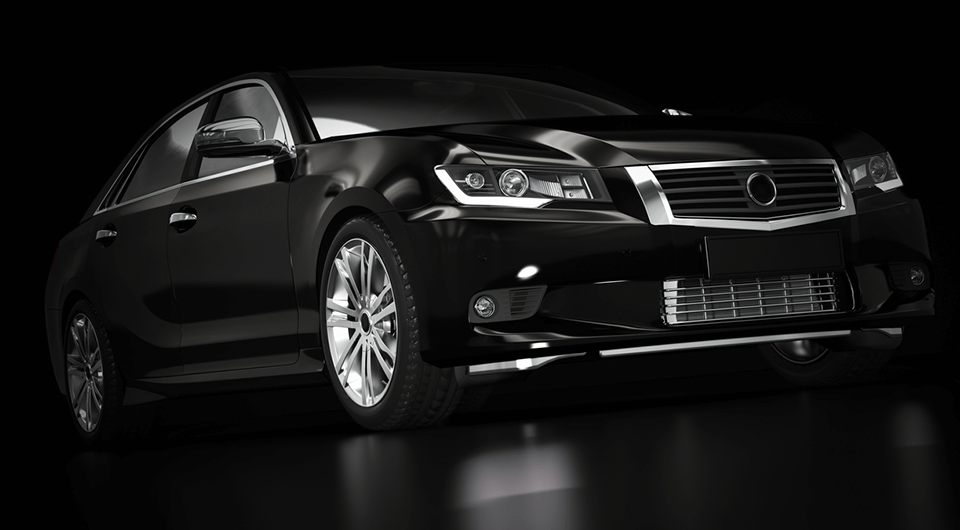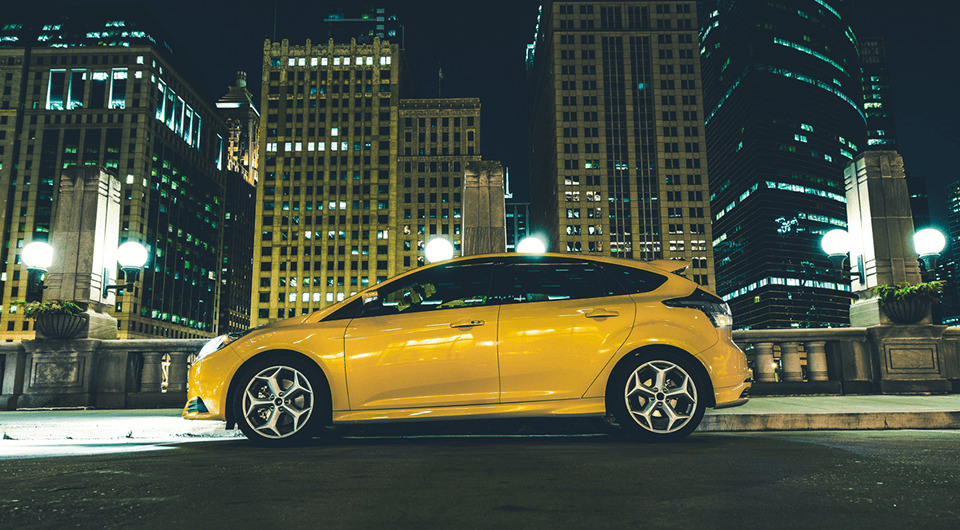As the world becomes increasingly conscious of environmental issues, choosing a more sustainable mode of transportation has become a hot topic. Hybrid and electric cars have emerged as two promising solutions for eco-friendly commuting, offering reduced emissions and a decreased reliance on fossil fuels.
However, choosing between these two options can take time and effort. In this guide, we will explore the key differences between hybrid and electric cars, helping you decide on your eco-friendly commute.
Hybrid Cars: The Best of Both Worlds
Hybrid cars are a bridge between traditional internal combustion engine vehicles and fully electric cars. They combine a gasoline engine with an electric motor and a battery pack. This dual-power source system offers several advantages:
- Improved Fuel Efficiency: The electric motor assists the gasoline engine, improving fuel efficiency and reducing emissions. Hybrid cars are often seen as an excellent option for those looking to reduce their carbon footprint without fully transitioning to electric vehicles.
- Regenerative Braking: Hybrid vehicles utilize regenerative braking, which captures and stores energy during braking. This energy is then used to charge the battery, enhancing fuel efficiency.
- No Range Anxiety: Unlike electric cars, hybrids never run out of power completely because they can operate on gasoline when the battery is depleted. This eliminates the “range anxiety” associated with electric vehicles.
- Lower Upfront Costs: Hybrids are typically more affordable than fully electric vehicles, making them a cost-effective choice for eco-conscious commuters.
- Wide Availability: Hybrid technology is well-established and widely available, with numerous models from various manufacturers.
Electric Cars: The Pinnacle of Green Transportation
Electric cars, often referred to as Battery Electric Vehicles (BEVs), are entirely powered by electricity stored in a large battery pack. They have gained immense popularity in recent years, and for good reason:
- Zero Emissions: Electric cars produce no tailpipe emissions, making them one of the cleanest options for commuting. They help reduce air pollution and combat climate change.
- Lower Operating Costs: Electricity is cheaper than gasoline, and electric cars have fewer moving parts, which translates to lower maintenance costs. Additionally, some governments offer incentives and tax breaks for electric vehicle owners.
- Silent and Smooth Operation: Electric cars are remarkably quiet and provide a smooth, vibration-free ride. This adds to the overall driving comfort and experience.
- Home Charging Convenience: Many electric car owners can charge their vehicles at home, eliminating the need to visit gas stations. This convenience is a significant advantage for daily commuting.
- Long-term Sustainability: As renewable energy sources become more prevalent, electric cars can become even more sustainable as their energy source becomes cleaner.
Choosing the Right Option for Your Eco-Friendly Commute
The decision between a hybrid and an electric car depends on several factors, including your commuting habits, budget, and environmental priorities. Here are some considerations to help you make an informed choice:
- Daily Commute Distance: An electric car may be an excellent choice if your daily commute is relatively short. However, a hybrid might be more practical if you frequently drive long distances and worry about range limitations.
- Charging Infrastructure: Assess the availability of charging stations in your area. If you have easy access to charging, an electric car may be a convenient option. If charging stations are scarce, a hybrid might be more practical.
- Budget: Electric cars tend to have a higher upfront cost, but they can offer long-term savings in fuel and maintenance. Consider your budget and the potential for government incentives when making your decision.
- Environmental Impact: If reducing your carbon footprint is a top priority, electric cars are the better choice due to their zero emissions. However, hybrids also substantially reduce emissions compared to traditional vehicles.
- Driving Experience: Consider your preference for a quieter, smoother, more technologically advanced driving experience. Electric cars often excel in these aspects.
Ultimately, the choice between a hybrid and an electric car is personal, and there is no one-size-fits-all answer. Both options are significant steps towards eco-friendly commuting, and the right choice depends on your specific needs and priorities.
Conclusion
Eco-friendly commuting is an essential step in mitigating the environmental impact of transportation. Hybrid and electric cars offer compelling solutions for reducing emissions and dependence on fossil fuels. Hybrids provide a practical compromise for those who require the flexibility of gasoline, while electric cars offer a zero-emission future.
As technology advances and the automotive industry evolves, both options will continue to improve. When choosing between hybrid and electric cars, evaluating your daily commute, budget, and environmental objectives is essential to make the right decision for a greener and more sustainable future.





